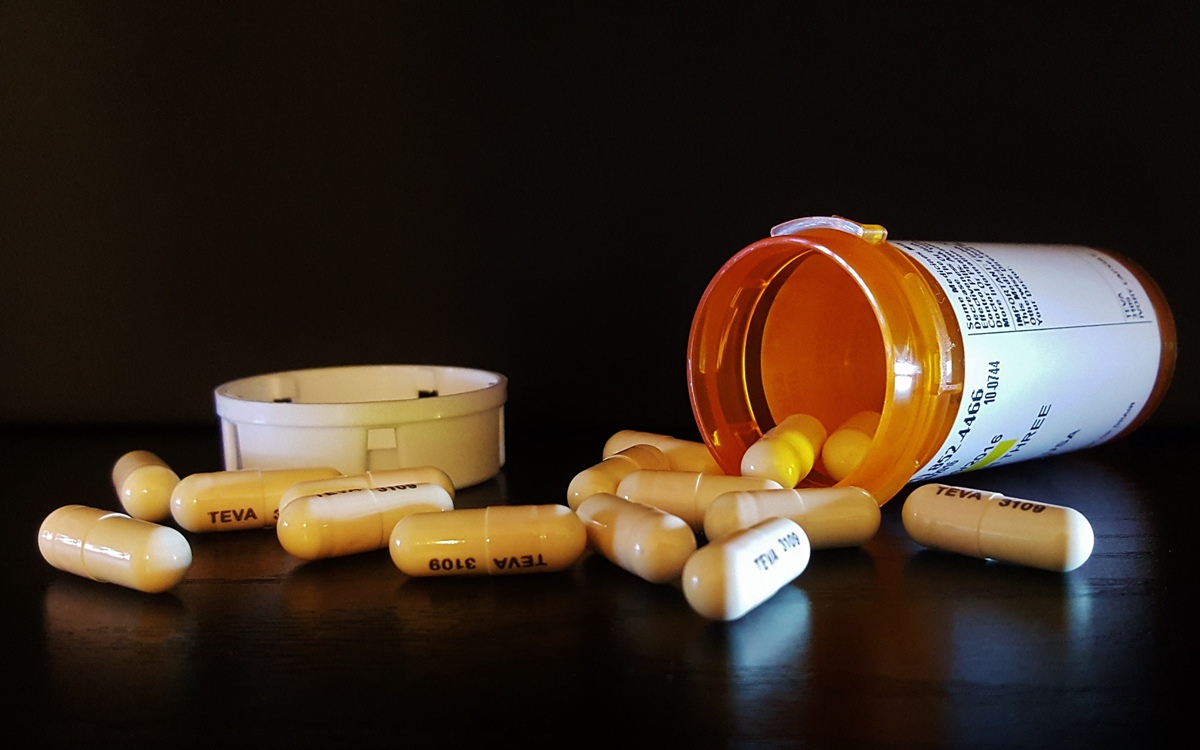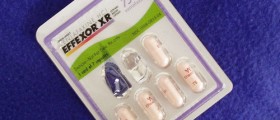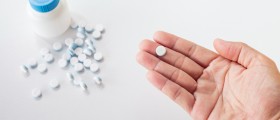Introduction
People suffering from depression are prescribed antidepressants. Antidepressants are medicines effective in reducing the symptoms of depression. The choice of antidepressants depends entirely on how severe the depression is, on age, and on the medical history of the patient.
Antidepressants are taken for months usually, even years can pass before visible results are seen. Alongside antidepressants, psychological treatments or psychotherapy can be included in the full treatment. However, these kinds of therapy are usually given to patients with mild depression. Antidepressants directly affect neurotransmitters by improving their function. Neurotransmitters are brain chemicals that transmit signals to other nerve cells.
Types of Antidepressants
Serotonin and norepinephrine are neurotransmitters that control our emotional states and moods and have a significant role in the process of thinking, eating, sleeping, and feeling pain. Antidepressants soothe depression and sadness and, over time, recover energy that depressed people lack. These medicines are taken for five to six months, even longer in more severe cases.

Antidepressants can be divided into three categories: Selective serotonin reuptake inhibitors (SSRIs), tricyclic antidepressants (tricyclics), and others. SSRI antidepressants influence only one neurotransmitter - serotonin and usually do not have adverse side effects like other groups of antidepressants. Some of the medicines belonging to this group are paroxetine (Paxil®), fluoxetine (Prozac Normal 0 false false false EN-US X-NONE X-NONE ®), citalopram (Celexa ®), sertraline (Zoloft®) and others.
A person can feel nauseous and irritable when taking these medicines. Other side effects include sleeping disorders, problems with libido, headaches, and dryness of the throat and mouth. A person can have occasional diarrhea and feel fatigued.
Unlike SSRI antidepressants, tricyclic antidepressants or tricyclics affect both serotonin and norepinephrine and interact with other substances in the body. Tricyclics affect eyesight, so a person can sometimes see blurring images. A person often feels tired and without energy, unable and unwilling to think properly. They also affect the gastrointestinal and urinary tract and blood pressure, so constipation or discomforts in urinating are also side effects. Some of these medicines are imipramine (Tofranil®), nortriptyline, amitriptyline (Elavil®), and desipramine (Norpramin®).
Other antidepressants include mirtazapine, nefayadone, bupropion, monoamine oxidase inhibitors. Besides the above-mentioned side effects, these antidepressants cause higher blood pressure, increased heart beating, irritability, loss of appetite, and some patients even put on weight. Monoamine oxidase inhibitors often cause headaches and shaking.
Antidepressants at first can intensify depression symptoms which ease over time. Often they even trigger suicidal thinking and mood changes. Therefore, medicines should be taken only if prescribed by the doctor and at prescribed doses. Alcohol or psychoactive substances, and other antidepressants should not be combined due to undesirable interactions.
- We did a systematic review and network meta-analysis. We searched Cochrane Central Register of Controlled Trials, CINAHL, Embase, LILACS database, MEDLINE, MEDLINE In-Process, PsycINFO, the websites of regulatory agencies, and international registers for published and unpublished, double-blind, randomised controlled trials from their inception to Jan 8, 2016. We included placebo-controlled and head-to-head trials of 21 antidepressants used for the acute treatment of adults (?18 years old and of both sexes) with major depressive disorder diagnosed according to standard operationalised criteria. We excluded quasi-randomised trials and trials that were incomplete or included 20% or more of participants with bipolar disorder, psychotic depression, or treatment-resistant depression; or patients with a serious concomitant medical illness.
- We identified 28?552 citations and of these included 522 trials comprising 116?477 participants. In terms of efficacy, all antidepressants were more effective than placebo, with ORs ranging between 2·13 (95% credible interval [CrI] 1·89–2·41) for amitriptyline and 1·37 (1·16–1·63) for reboxetine.
- For acceptability, only agomelatine (OR 0·84, 95% CrI 0·72–0·97) and fluoxetine (0·88, 0·80–0·96) were associated with fewer dropouts than placebo, whereas clomipramine was worse than placebo (1·30, 1·01–1·68). When all trials were considered, differences in ORs between antidepressants ranged from 1·15 to 1·55 for efficacy and from 0·64 to 0·83 for acceptability, with wide CrIs on most of the comparative analyses. In head-to-head studies, agomelatine, amitriptyline, escitalopram, mirtazapine, paroxetine, venlafaxine, and vortioxetine were more effective than other antidepressants (range of ORs 1·19–1·96), whereas fluoxetine, fluvoxamine, reboxetine, and trazodone were the least efficacious drugs (0·51–0·84).
- For acceptability, agomelatine, citalopram, escitalopram, fluoxetine, sertraline, and vortioxetine were more tolerable than other antidepressants (range of ORs 0·43–0·77), whereas amitriptyline, clomipramine, duloxetine, fluvoxamine, reboxetine, trazodone, and venlafaxine had the highest dropout rates (1·30–2·32). 46 (9%) of 522 trials were rated as high risk of bias, 380 (73%) trials as moderate, and 96 (18%) as low; and the certainty of evidence was moderate to very low.





-Uses%2C-Side-Effects-And-Risks_f_280x120.jpg)











Your thoughts on this
Loading...